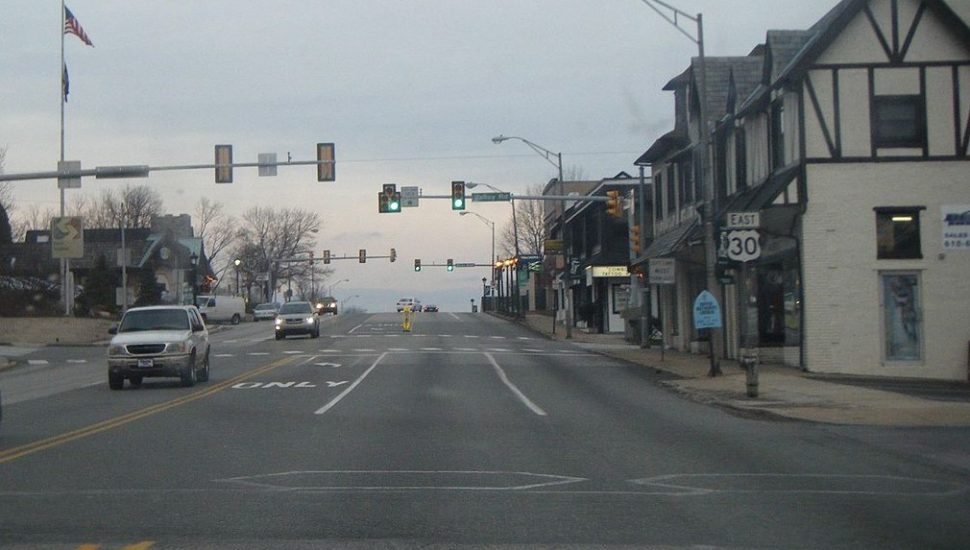Issue of Private Investments to Build Roads Calls to Mind Roots of Business Route 30

President Donald Trump’s ambitious, trillion-dollar plan to rebuild America’s infrastructure includes the use of federal, state, and local investment.
However, it also calls for significant use of private-sector investment, writes Stephen Mihm for Bloomberg.
Using private investment to build roads dates to 17th-century Britain, when private corporations were chartered to fund and build turnpikes or toll roads, with the tolls paying for the cost of construction.
This idea was later taken up by colonial America with Pennsylvania chartering the first turnpike of importance, the 62-mile Philadelphia and Lancaster Turnpike, of which Business Route 30 is now a part.
Credited as the country’s first engineered road, ground was broken in 1792 and the road was put into use in 1795. It was privately built by the Philadelphia and Lancaster Turnpike Road Co.
[uam_ad id=”58459″]
Advertisement
The success of this first turnpike project started a toll-road-building boom. By 1800, state legislatures had chartered 69 turnpike companies. That number swelled to nearly 1,000 by 1830.
Most turnpikes, however, did not remain private: They reverted to public control once the corporation recouped its initial investment.
Also, the turnpikes themselves did not make money. They did, however, create indirect benefits along the routes, such as spurring the building of new communities and improving access to commercial markets.
Read more about private-investment road construction from Bloomberg by clicking here.
[uam_ad id=”71799″]
Connect With Your Community
Subscribe to stay informed!
"*" indicates required fields






































![95000-1023_ACJ_BannerAd[1]](https://vista.today/wp-content/uploads/2023/03/95000-1023_ACJ_BannerAd1.jpg)











